The students and lecturers of the Chair of Gastronomy, Department of Geography, Tourism and Hotel Management, Faculty of Sciences, are the members and leaders of the professional association of the Culinary Federation of Serbia (CFS), whose main objective is the development of the gastronomic profession in the country and the region. This year, for the first time, CFS sent their national junior team to take part in the Culinary Olympics of IKA 2020, one of the most important international competitions, held in Stuttgart, Germany, from February 14 to 19, 2020.
Our national team was proudly represented by 11 members up to the age of 23, consisting of hardworking, ambitious and young, dedicated chefs from various hospitality establishments in Serbia as well as gastronomy students, including 3 gastronomy students from the Faculty of Sciences:
- Dušan Grujić;
- Vladimir Jež and
- Tatjana Bodvaji.
They underwent rigorous training at the Faculty of Sciences where they had trained intensively for more than 6 months together with their lecturers, mentors and colleagues. At the competition they were accompanied and supported by the teaching assistant Maja Banjac and skills teacher Goran Radivojević. In addition to the great support from their faculty, the Provincial Secretariat for Higher Education and Research also helped them in this endeavour.
The prestigious IKA 2020 World Culinary Competition is the largest culinary competition that gathers over 2,000 chefs from more than 59 countries, and has been visited by some 28,000 visitors. The Olympics involved:
- 31 national senior teams,
- 24 national junior teams,
- 29 regional teams and
- about 720 more individual categories
from a total of 74 countries.
Meals preparation took place every day in 14 kitchens, which served 1,200 meals, 7 catering teams prepared 840 meals, 6 junior teams presented national buffets and 8 national teams presented their chef tables, with 180 individual categories daily.
Our team competed according to the competition requirements in two disciplines:
- National Restaurant, for which it was awarded a bronze medal and
- IKA Buffet, for which it received a diploma with enough points to win the 4th place.
National Restaurant is a discipline where chefs prepare a menu of three courses (starter, main course, dessert) for 60 people, within an interval of 5 hours of pre-preparation and 2 hours of preparation and serving, at an à la carte restaurant.
The IKA Buffet is a discipline in which hot and cold, savoury snacks for 12 people are prepared and served, along with the prescribed meals based on rabbit meat, and dessert.
They evaluated teamwork, discipline, professionalism, precision, creativity, application of modern techniques and equipment, sanitation and safety at work, presentation of dishes and, of course, sensory characteristics of the dishes, which carried the most points. This was accompanied by the constant supervision of highly respected and professional WASC judges such as: Uwe Staiger (Germany); Adrian Bader (Switzerland); Carlo Sauber (Luxembourg); Domico Maggi (Italy); Rick Stephen (Singapore) and many others.
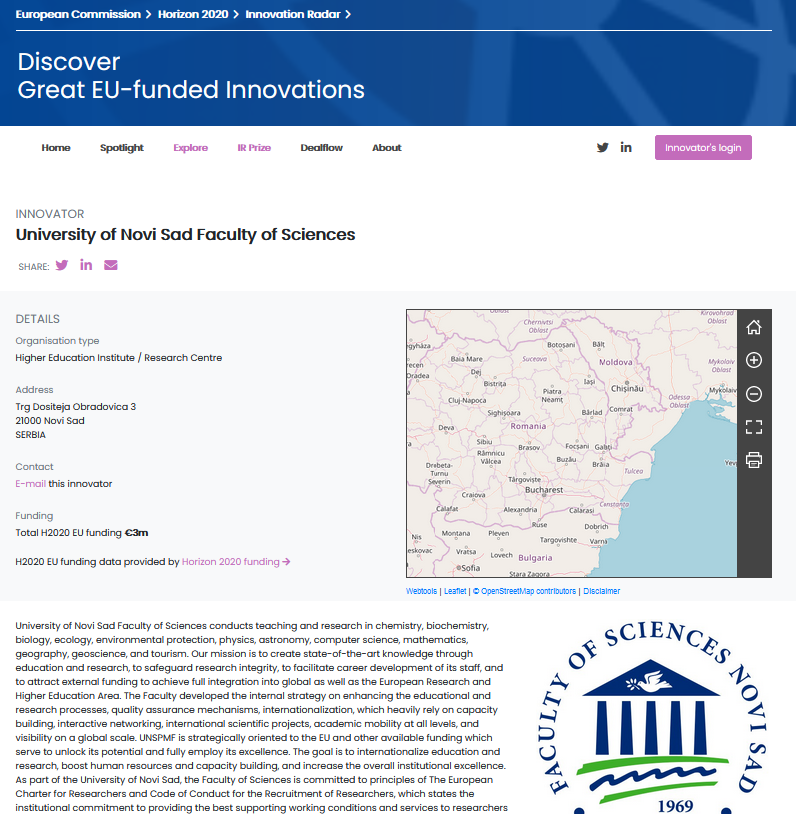 The Faculty of Sciences of the University of Novi Sad (UNSPMF) has been recognized as an innovator due to a recently completed project funded by the EU Framework Program for Research and Innovation Horizon 2020 called I-BiDaaS.
The Faculty of Sciences of the University of Novi Sad (UNSPMF) has been recognized as an innovator due to a recently completed project funded by the EU Framework Program for Research and Innovation Horizon 2020 called I-BiDaaS.
 According to the Decision of the Agency for EU Mobility Programs of the Republic of Croatia, the financing of the project InAMath – An interdisciplinary approach to mathematical education (Erasmus + Key Activity 2: Strategic Partnerships (KA201)) was approved. The project brought together distinguished educational institutions from the region, from Croatia, Slovenia, Bosnia and Herzegovina and Serbia.
According to the Decision of the Agency for EU Mobility Programs of the Republic of Croatia, the financing of the project InAMath – An interdisciplinary approach to mathematical education (Erasmus + Key Activity 2: Strategic Partnerships (KA201)) was approved. The project brought together distinguished educational institutions from the region, from Croatia, Slovenia, Bosnia and Herzegovina and Serbia.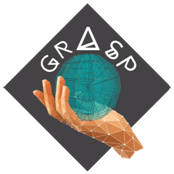 The GRASP project in the field of artificial intelligence, dealt by researchers from the Faculty of Sciences, Novi Sad meets very high and precise criteria of the Science Fund, which finances projects with clear and sustainable goals, a concept and systematic and well-designed methodology.
The GRASP project in the field of artificial intelligence, dealt by researchers from the Faculty of Sciences, Novi Sad meets very high and precise criteria of the Science Fund, which finances projects with clear and sustainable goals, a concept and systematic and well-designed methodology.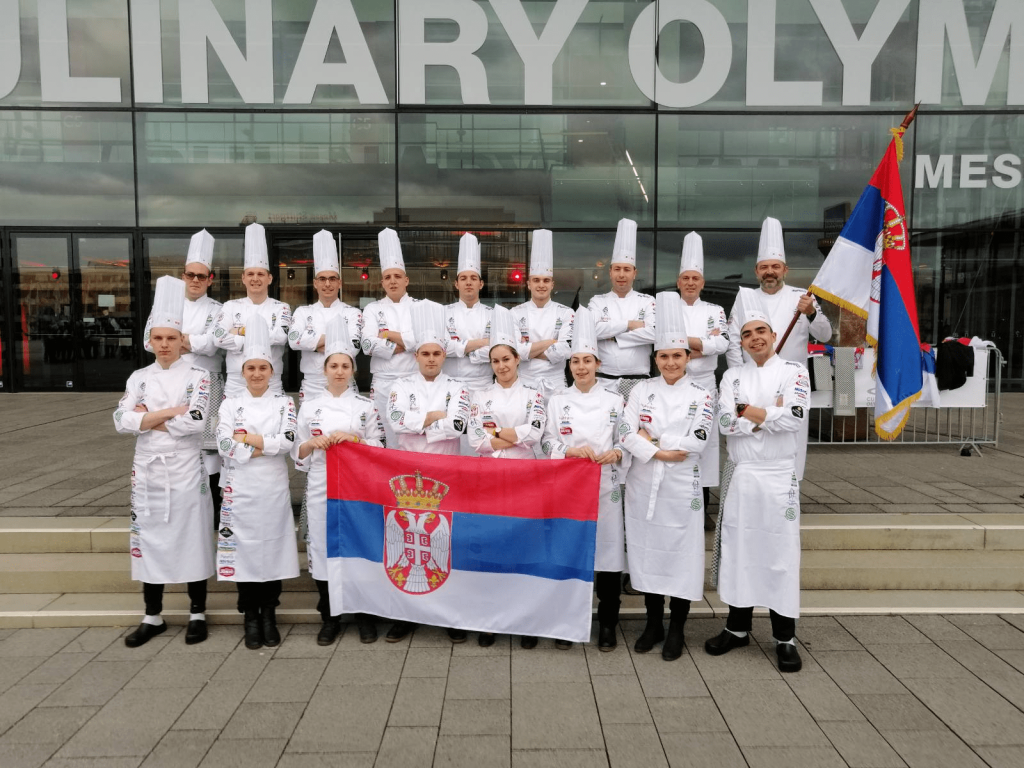
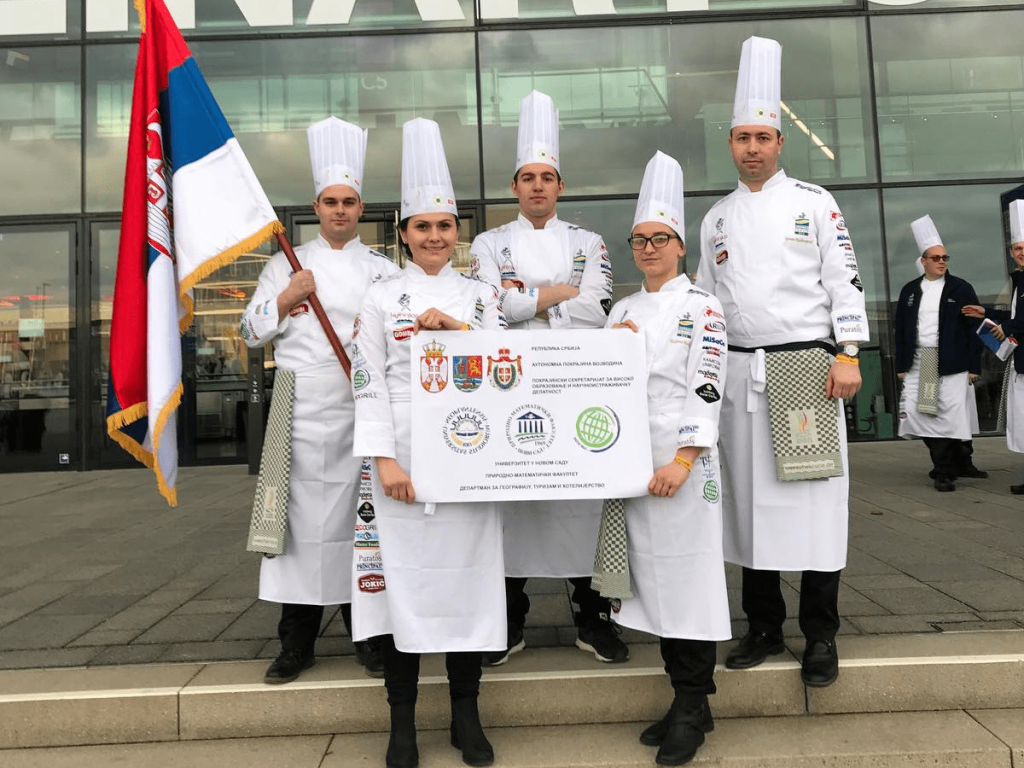
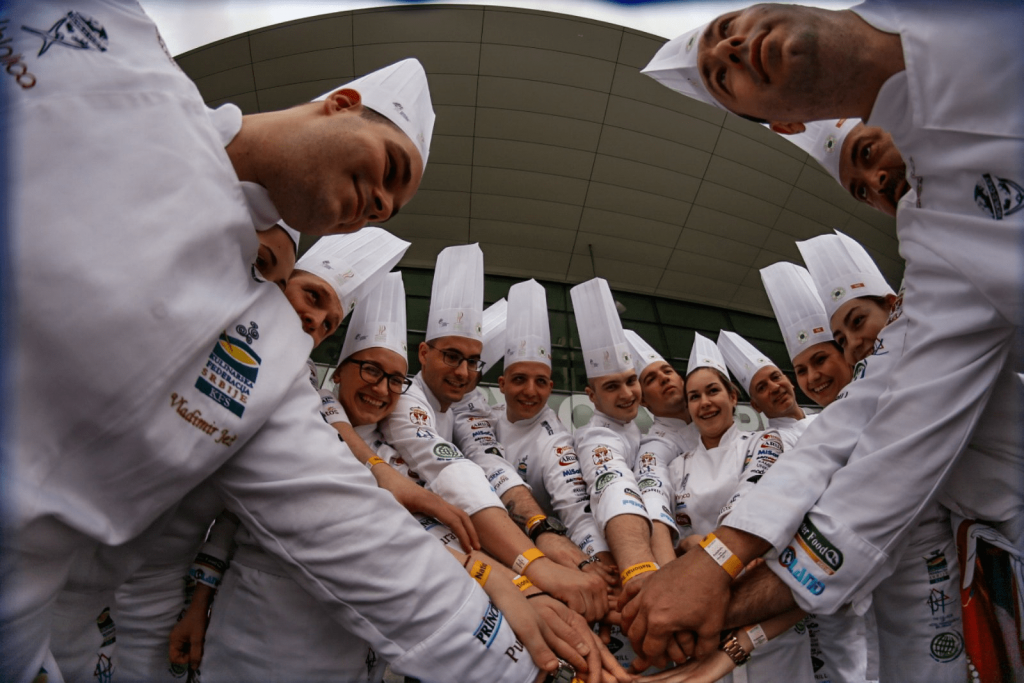
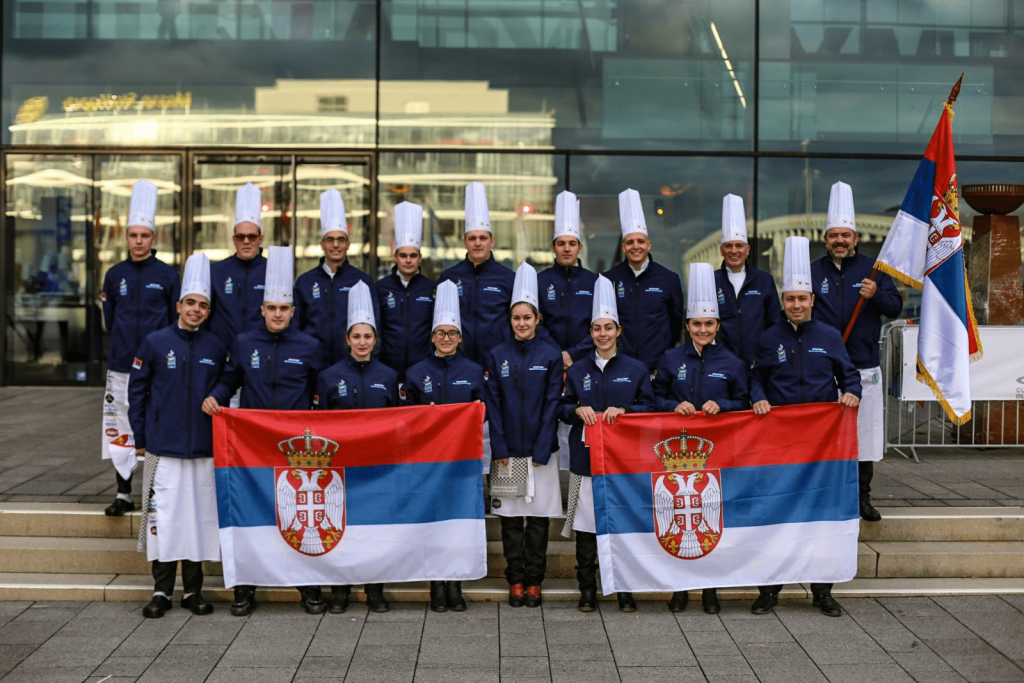
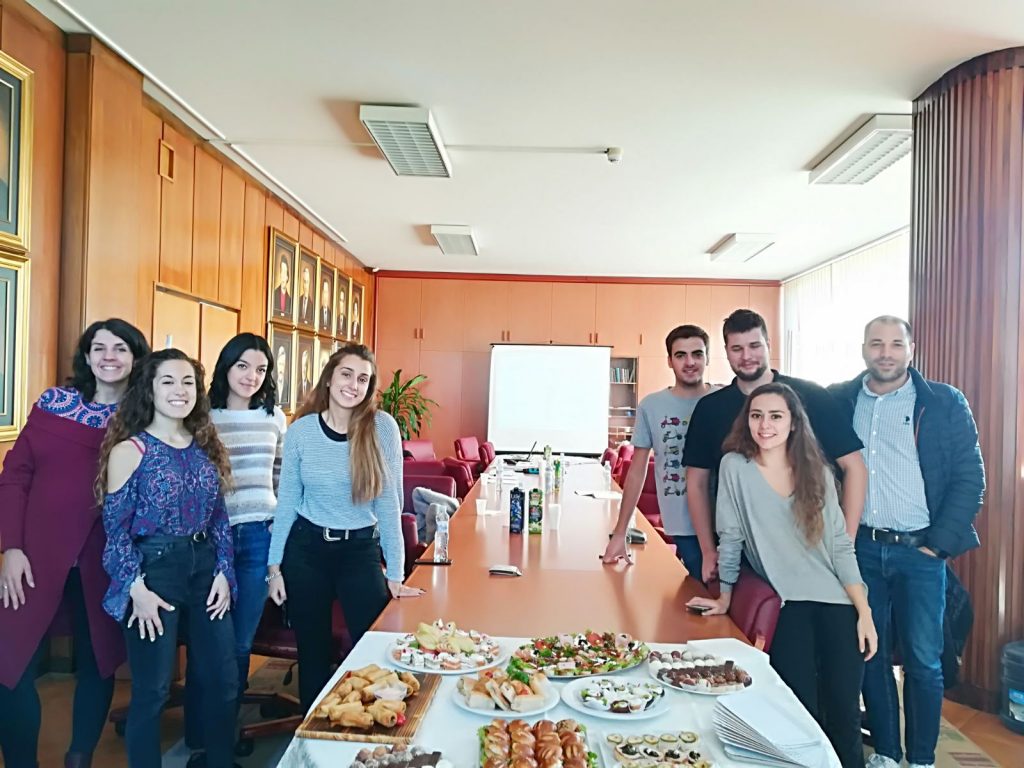
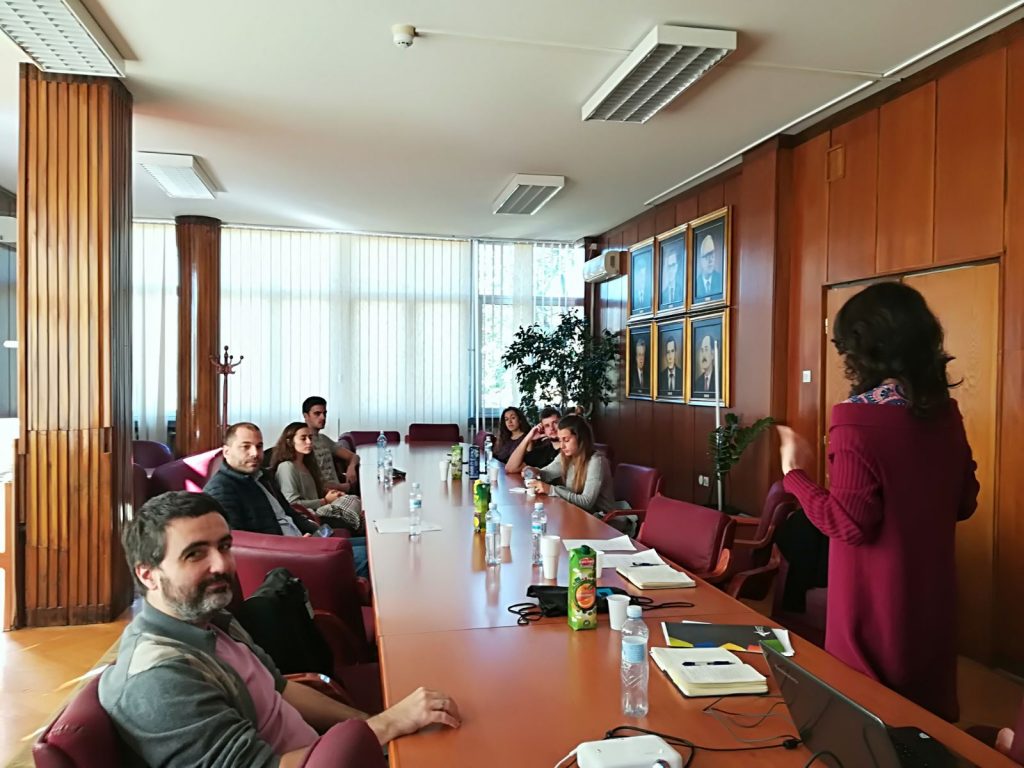
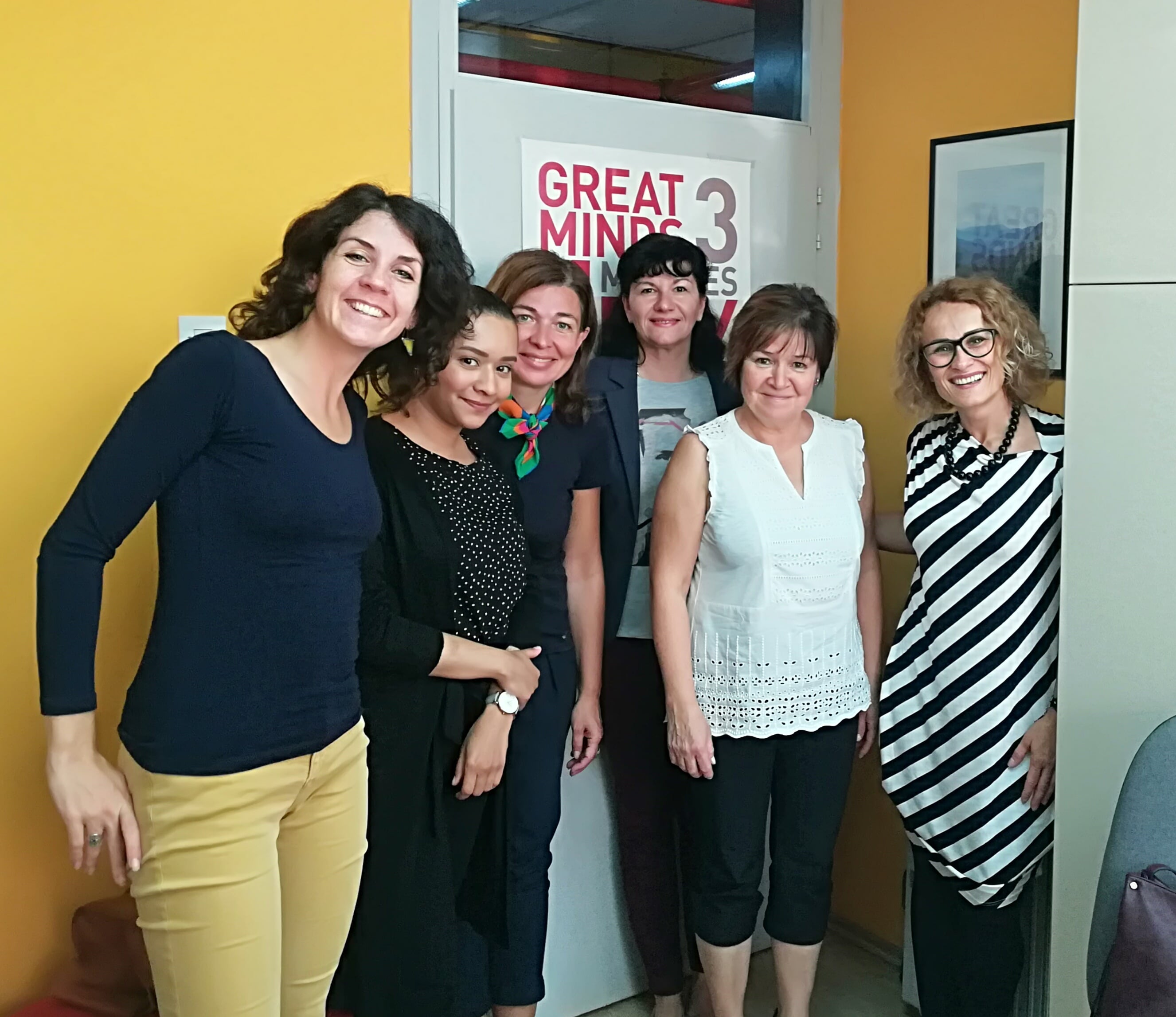 Prof. Dr. Ritva Kantelinen and Zinab Elgundi, PhD student from the School of Applied Educational Science and Teacher Education of the University of Eastern Finland visited the Faculty of Sciences University of Novi Sad from 14th until 18th October 2019. The visit was organized as part of the international cooperation within the Erasmus+ Programme.
Prof. Dr. Ritva Kantelinen and Zinab Elgundi, PhD student from the School of Applied Educational Science and Teacher Education of the University of Eastern Finland visited the Faculty of Sciences University of Novi Sad from 14th until 18th October 2019. The visit was organized as part of the international cooperation within the Erasmus+ Programme.